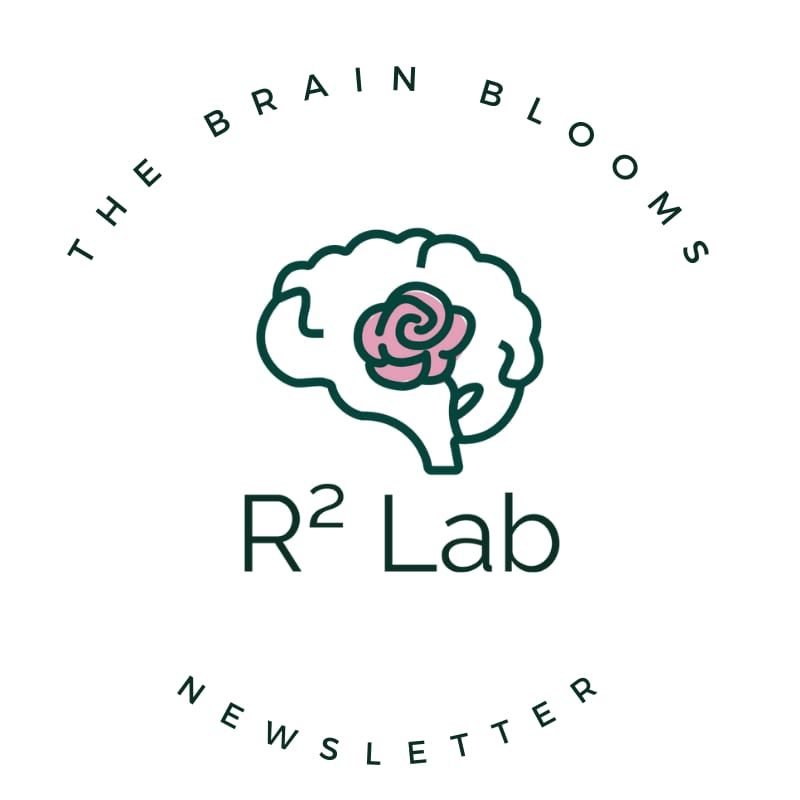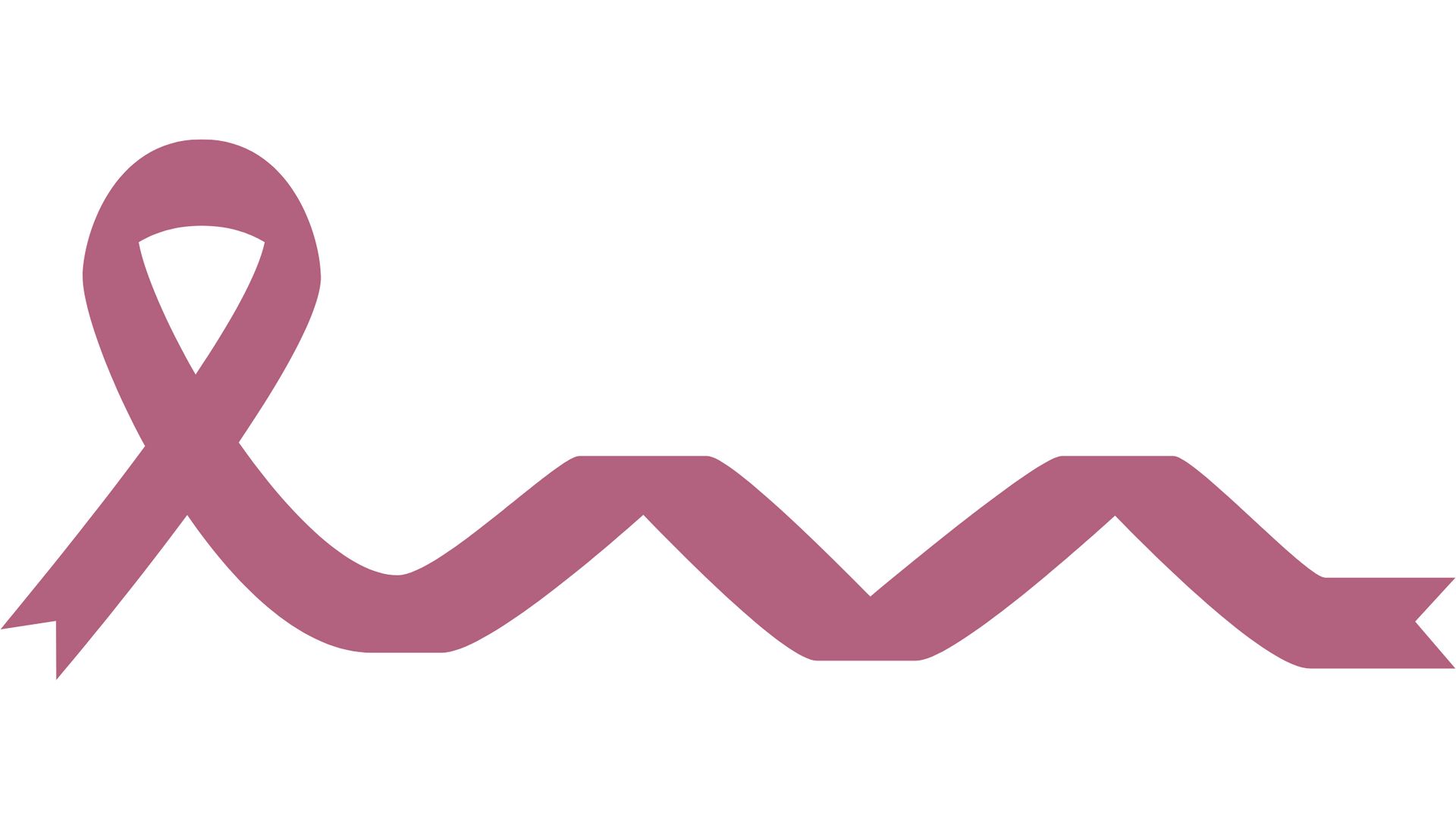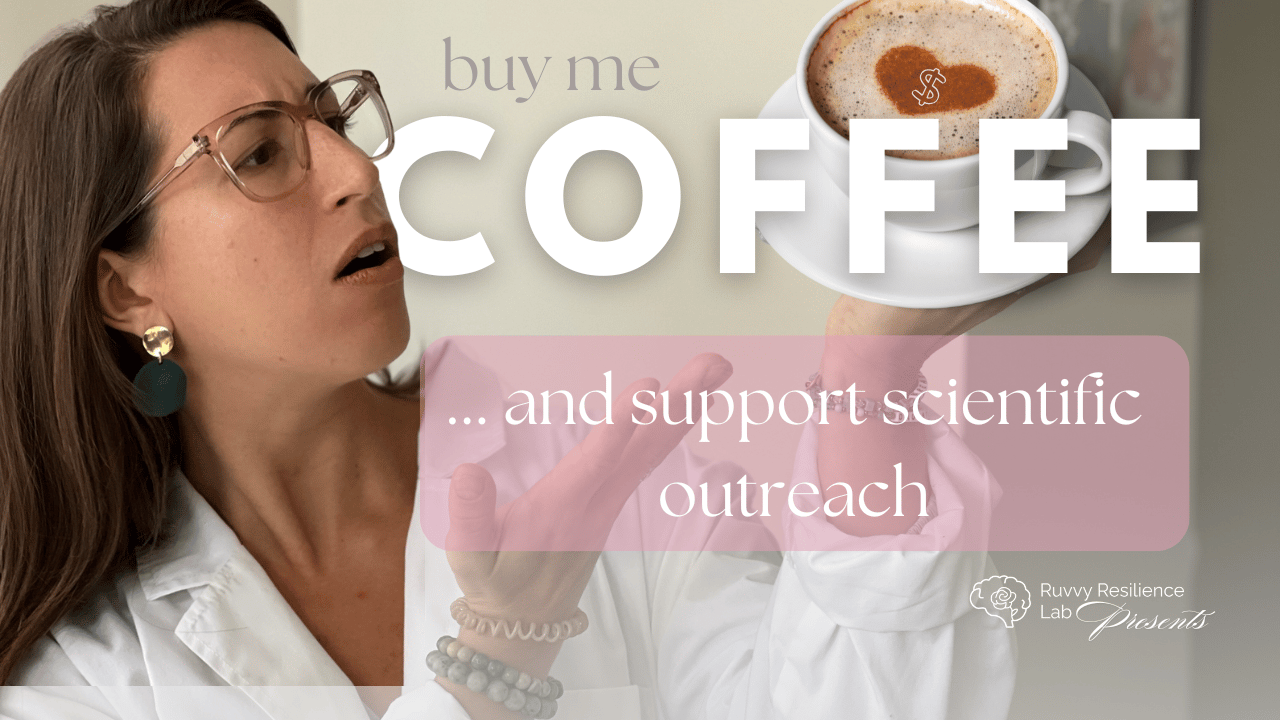- The Brain Blooms Newsletter
- Posts
- October: A Month of Reflection
October: A Month of Reflection
Recognizing ADHD, Down Syndrome, and Breast Cancer Awareness Month. Supporting every journey with compassion.

This month, we recognize ADHD Awareness Month, Down Syndrome Awareness Month, and Breast Cancer Awareness Month.
For everyone who has battled or is battling with breast cancer, we see you, and we honor your courage and resilience.
As a lab focused on youth mental health, we break down ADHD and Down syndrome a bit further in this edition.

What is ADHD?
ADHD is a neurodevelopmental disorder. People with ADHD may experience difficulty in controlling their attention, hyperactivity, and impulsivity.
While ADHD is commonly diagnosed in kids, adults can also be affected by ADHD. Sometimes, caregivers come to recognize (and ultimately be diagnosed with) ADHD when their children receive a diagnosis. This is because ADHD has a strong genetic component: that means it can be passed down from parents to their children.
How can I support the youth in my life with ADHD?
There are a number of ways to support youth with ADHD, including behavioral therapy, pharmacotherapy, and school accommodations.
For many children, attention problems and hyperactivity can interfere with their ability to succeed in the classroom. That is why maintaining open communication with your child’s educators can help caregivers and educators partner together to support youths’ success.
School accommodations can provide a formalized structure to ensure that the supports youth need are regularly available to them. This allows youth to show what they have been able to learn.
Want to learn more about school accommodations, or need a neuropsychological assessment for your child to receive accommodations?
👉 The Imagine Center in midtown Detroit is here to help! Unlike many other practices, the Imagine Center accepts Medicaid for full coverage of assessments. Click here to learn more and request an appointment.

What is Down Syndrome?
People with Down syndrome may experience cognitive delays and have physical characteristics like low muscle tone. However, Down syndrome can look different in every unique individual.
People with Down syndrome attend school, work, have meaningful relationships, vote, and contribute to society in numerous ways. Fortunately, due to medical advancements, the life expectancy of people with Down syndrome has increased from 25 years in 1983 to 60 years today.
How can I support the youth in my life with Down syndrome?
Quality educational programs, a stimulating home environment, and positive support from family, friends, and the community enable youth with Down syndrome to lead fulfilling and productive lives.
In school settings, youth with Down syndrome may also benefit from school accommodations, for example to provide extra time to do their work. Some may go to special schools and others may take special classes that serve their unique needs.
The National Down Syndrome Society provides information for supporting youth across all ages (and the lifespan) here:
👉 Looking for local support? The National Down Syndrome Society (NDSS) partners with more than 250 local organizations nationwide to serve the Down syndrome community. These partners offer everything from new parent support and family education to advocacy events and recreational programs.
Find a local partner near you to connect with resources, support groups, and community events. Click here to learn more and find your local organization.

Developmental differences are common. We can all learn from folks who have different lived experiences and perspectives from ourselves.
In research settings, the voices, wants, and needs of those affected by conditions like ADHD and Down syndrome should be centered so that we can work in partnership towards the best quality of life for all.

The Greenhouse of the Mind:
Resources to Help You Bloom
Help Support Science Content & Communication
Our team is so excited to get the word out to the people we serve and inform for FREE … and your support will allow us to put more resources and energy into doing precisely that.
Your donations help fund the creation of content that translates our research into practice.
Consider supporting our outreach efforts:

